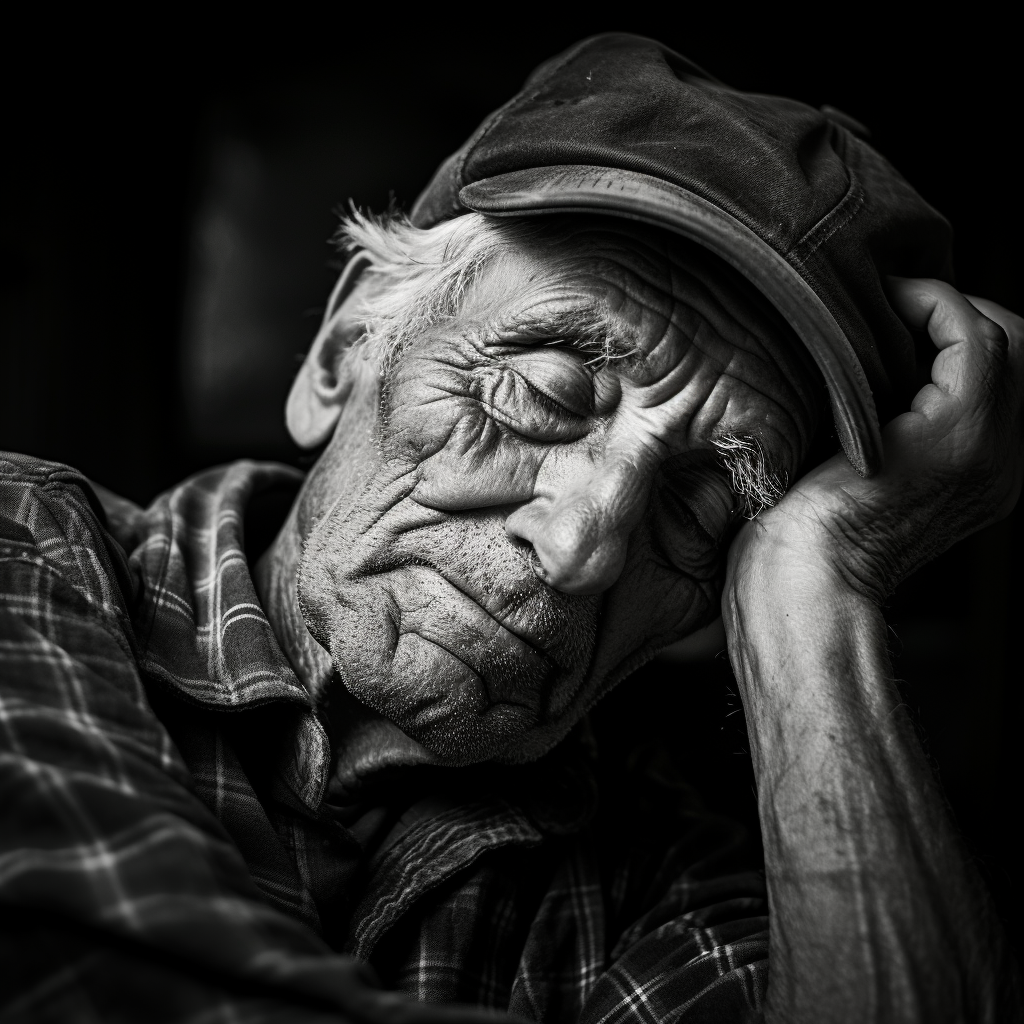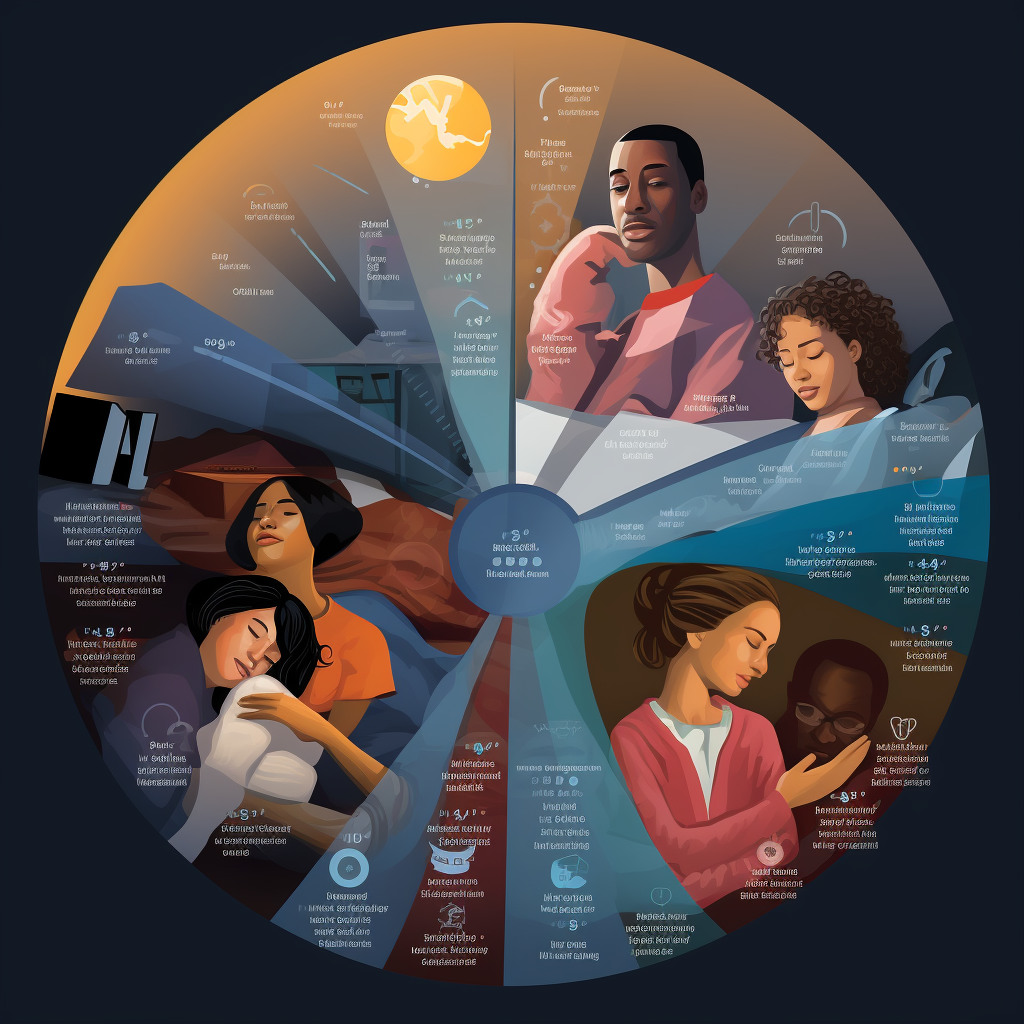Exploring gender disparities in sleep quality, disorders, and behaviors. Learn evidence-based strategies for optimal sleep and improved well-being.
Gender and Sleep: Unveiling Differences in Sleep Quality and Disorders
Sleep plays a vital role in our overall well-being, affecting various aspects of our physical and mental health. Recent research suggests that there may be intriguing differences between males and females when it comes to sleep quality, sleep disorders, and sleep-related behaviors. Understanding these distinctions can assist individuals in achieving better sleep and optimizing their daily functioning.
Gendered Sleep Patterns
Scientific studies have explored disparities in sleep patterns between genders, revealing noteworthy variations. Women often exhibit a higher prevalence of insomnia, experiencing difficulties falling asleep or staying asleep throughout the night. In contrast, men tend to report more sleep apnea, characterized by intermittent breathing interruptions during sleep. These distinctions underline the importance of tailoring sleep interventions to address the unique needs of each gender.
Sleep Disorders and Gender
Several sleep disorders demonstrate a gender-specific predilection, shedding light on the intricate relationship between gender and sleep. Women are more susceptible to experiencing restless leg syndrome, a condition characterized by an irresistible urge to move the legs during rest, leading to sleep disturbances. On the other hand, men commonly face a higher risk of developing sleep-related bruxism, which involves teeth grinding and jaw clenching during sleep. Recognizing these tendencies can aid in the early detection and treatment of sleep disorders in a gender-sensitive manner.
Sleep-Related Behaviors and Gender
Beyond sleep disorders, gender differences can influence various sleep-related behaviors. Women tend to prioritize sleep hygiene practices, such as establishing consistent bedtimes and engaging in relaxation techniques before sleep, while men may exhibit a higher inclination towards sleep-related substance use. Understanding these disparities can guide individuals in adopting healthier sleep behaviors and cultivating a more balanced sleep routine.
Achieving Optimal Sleep for All Genders
To promote optimal sleep for both males and females, it is crucial to consider gender-specific factors and tailor strategies accordingly. Here are some evidence-based recommendations to enhance sleep quality:
- Establish a regular sleep schedule, maintaining consistent bedtimes and wake-up times.
- Create a comfortable sleep environment that is conducive to relaxation and tranquility.
- Incorporate stress management techniques, such as mindfulness or deep breathing exercises, to alleviate pre-sleep anxiety.
- Limit the consumption of stimulants, including caffeine and nicotine, particularly close to bedtime.
- Engage in regular physical activity, but avoid intense exercise close to bedtime.
- Seek professional help if experiencing persistent sleep difficulties or suspected sleep disorders.
By recognizing and addressing the gender-specific nuances associated with sleep, individuals can take proactive steps toward improving sleep quality and overall well-being.





